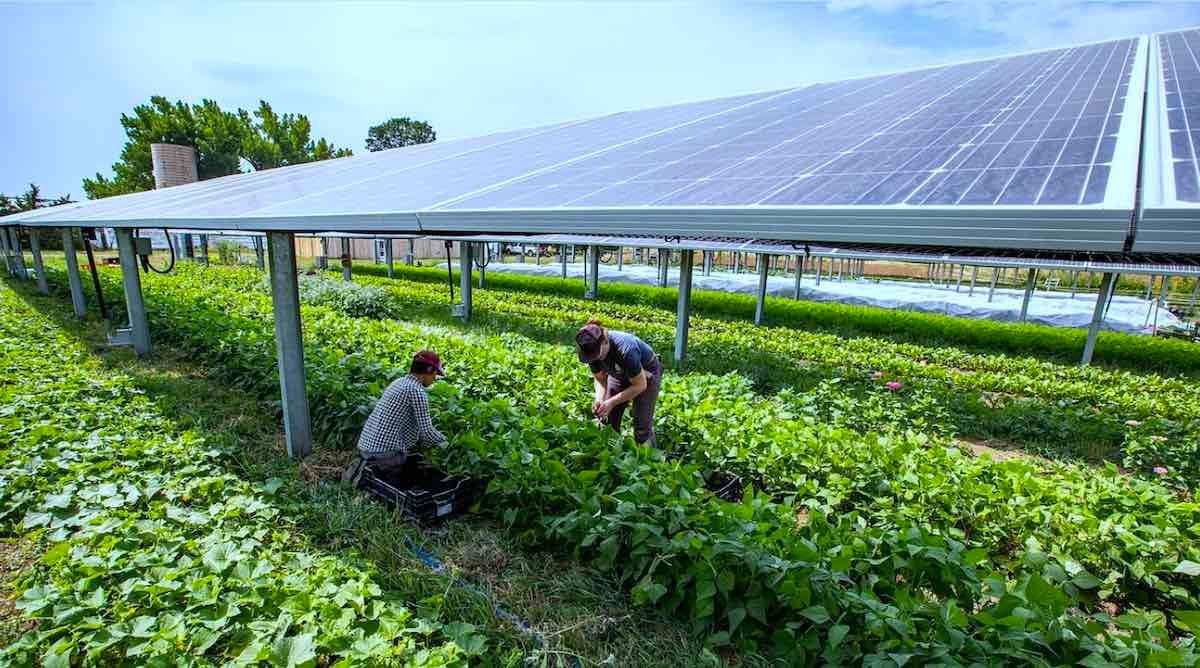Puerto Rico coronavirus statistics for June 22
According to numbers provided by the Puerto Rico Health Department, 6,564 people are believed to have been infected with COVID-19, an increase of 674 since last week. The death toll is currently 149, with two people having died during the past week, breaking an eleven-day streak when no new COVID deaths were reported.
Beginning on June 11, the Health Department changed the way it recorded cases, splitting them between confirmed cases (as determined by molecular diagnostic testing) and probable cases (as determined by serological, non-diagnostic testing). Viewed through that prism, Puerto Rico currently has 1,540 confirmed cases of COVID-19 (an increase of 63 over the past week) and 5,024 probable cases (an increase of 611 over the past week). The number of probable cases was boosted by the addition of previously unreported cases registered between May 14 and June 4.
Consistent with statements by Miguel Valencia, the director of the Health Department’s Vigilance System, the rate of increase of new cases appears to have decreased, based upon the past two weeks.
Governor announces largest budget in a decade
During an address last Thursday, Governor Wanda Vázquez Garced outlined in broad strokes her plans for the Island’s budget in the upcoming fiscal year, which would total more than $10.2 billion—$169 million larger than the budget sought by the Financial Oversight and Management Board (FOMB). This represents a $994 million increase over the current budget.
In her speech, the governor announced a spate of new spending initiatives, including $1,000 incentives for high school graduates who decide to continue their education, $2,000 incentives for Natural Resources and Consumer Affairs inspectors, and up to $150,000 for farmers. Various Puerto Rican entities and agencies would see budget increases, including the Health, Education, and Public Safety Departments.
She also expressed her opposition to proposed cost-cutting measures, such as the sale of Puerto Rico’s Corporation for Public Dissemination (also known as WIPR)—whose privatization is currently under discussion in the legislature—and the elimination of Christmas bonuses; she also announced that she would guarantee pensions. Similarly, she announced that she would work towards nullifying slated increases in tuitions and fees at the University of Puerto Rico. Additionally, she announced that she would work to increase the amount of people covered by the government’s health plan, Vital, by 200,000.
Puerto Rico’s new electoral code becomes law
Just weeks before the Island is set to hold its gubernatorial primaries, Governor Vázquez Garced signed into law a new Electoral Code, proposed by Senate President Thomas Rivera Schatz and passed along party lines. While she had previously claimed that she would not enact the measure without inter-party consensus, she justified her signing by stating that “with complex measures like the various Codes, it is very difficult for all parties to be completely in agreement in all points.”
Changes in the law—which was only discussed in session once—include a provision allowing for advance voting for those who provide evidence that they will not be able to vote on election days. Additionally, it transfers the Ad Examination Board—which is in charge of enforcing electoral bans on campaigning—from the CEE to the Office of the Electoral Comptroller (OCE, in Spanish). It also allows for polling places to remain open from 9:00 to 5:00. A provision allowing for voting on the Internet, the source of much criticism, was struck down in the final bill.
A source of contention regarding the bill was the short lead time it allowed for implementation before this year’s elections, a matter complicated further by the combination of required expenses caused by the bill and the CEE’s chronic lack of funds. Primaries are set to take place in a month and a half.
Water rationing begins as drought conditions worsen in Puerto Rico
According to the United States Drought Monitor, 78.91% of Puerto Rico—and all but seven municipalities—are currently experiencing drought conditions. While rains in parts of the Island have improved conditions in some places—such as the northwestern region of the Island, where the Guajataca reservoir’s levels have recently increased—rainfall distribution has been unequal, and has not reached many other areas. Expected rainfall is not expected to reach the areas that most need it.
On Friday, the Puerto Rico Aqueducts and Sewers Authority (PRASA) announced that it would begin rationing water services for people in the northeastern municipalities of Canóvanas and Loiza, which would see service interruptions during nighttime hours. On Monday, June 22nd, PRASA announced that it would also ration water for the Jagual district in San Lorenzo, interrupting service for alternating halves of the region for twenty-four hour periods.
Share
STAY IN THE LOOP
Subscribe to our free newsletter.
La organización BoricuaActivatEd celebró su séptimo aniversario con reconocimientos al líder de la red evangélica Esperanza y de la comunidad boricua de Filadelfia, Luis Cortés, y el legendario artista Antonio Martorell. Cortés, premiado por su
tudy: Economy leading factor for Puerto Ricans moving to Florida A new survey unveiled Monday in Washington, D.C. sheds new light on factors contributing to Puerto Ricans moving to the state of Florida. The Puerto
New federal funds for solar, battery storage announced The Department of Energy (DOE) on Thursday announced a conditional commitment to finance new solar and battery storage facilities on the southern coast of Puerto Rico. The investment




